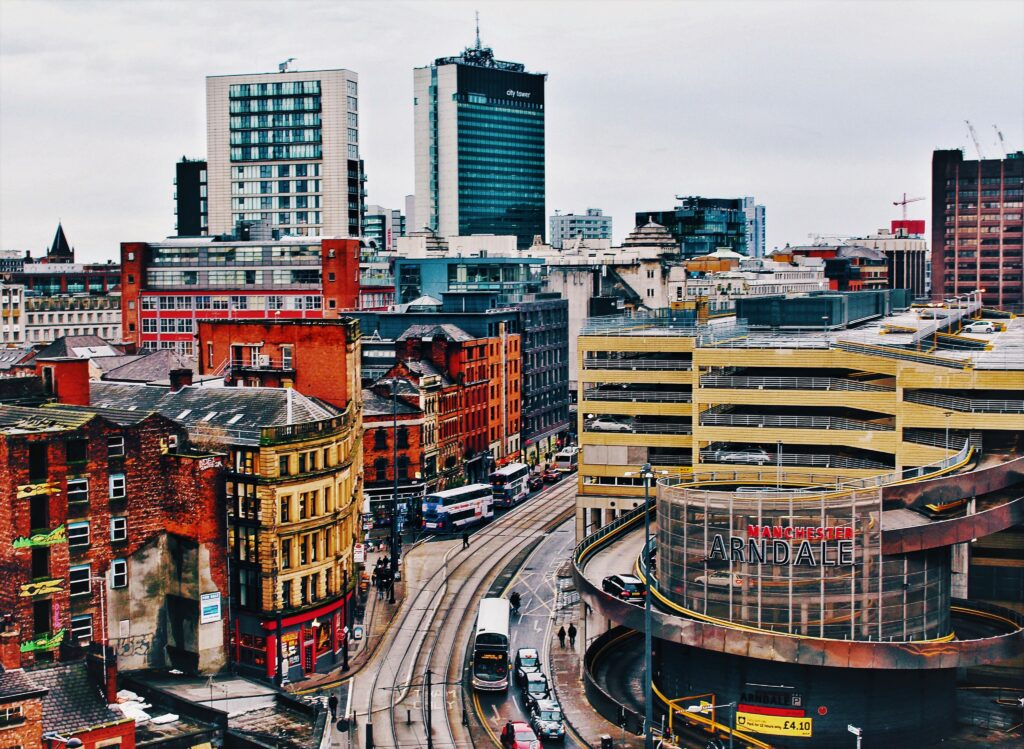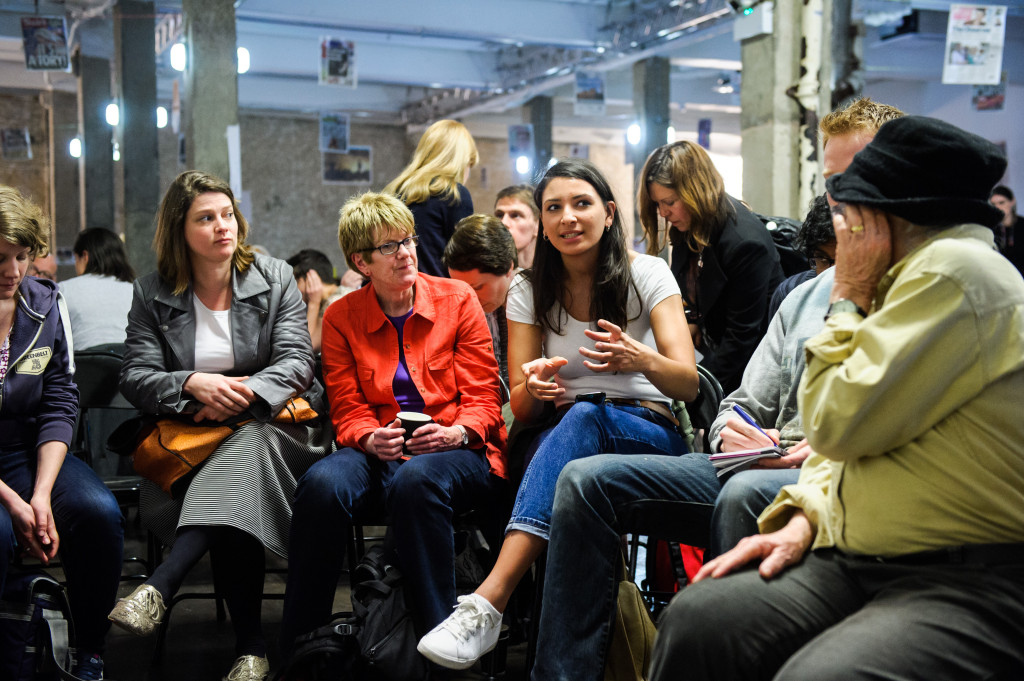On the 27th of August, we at Compass Manchester hosted an event on Zoom for people near and around Greater Manchester to discuss and share ideas about what Build Back Better should mean for Manchester and the country. If it was not clear before the pandemic, it should be clear now that our political systems, public spaces and institutions need to progress and improve. We have also seen the capabilities of change when the government is forced to step in. Everyone deserves better.
On the night, we were pleasantly surprised by the amount of people that participated. There were people not just from Manchester but from places like Stoke-on-Trent, who wanted to listen to the group’s ideas surrounding Build Back Better.

One of our aims was to establish connections between Compass Manchester and people in the community who have an interest in Build Back Better. We wanted to listen to different perspectives and ideas from individuals who have unique experiences and knowledge in certain areas so we could gain a better understanding of what Build Back Better should mean for Manchester and for different parts of society. For us, Build Back Better involves every section of society at both the local and the national.
The event started with some of us from Compass Manchester talking about our experiences being a part of Compass and our expectations on the idea of Build Back Better. Afterwards, we got everyone to breakout into smaller groups to talk about how we can Build Back Better in relation to the individual groups’ topics. These topics were society, democracy, green issues, health and social care and an anything group which mostly talked about transport! Once the discussions finished, everyone reported back to share what they had discussed together to the other groups.
The society group talked predominantly about disability and accessibility. For example, how wheelchair access needs to be included in street planning instead of being constantly ignored. This group highlighted the importance of intersectionality. Single issue campaigns affect multiple areas of society and many different groups in various ways. We need more joined up thinking, and for Compass this means moving beyond the usual white, middle class, liberal perspective.
In terms of green issues, wider pavements, city centre pedestrianisation, cheap park and ride facilities, working with community bodies like Groundwork MCR, whether building Mayfield Park is good for Manchester and giving local businesses outside space to offer services safely were some of the ideas and thoughts mentioned to make Manchester greener. Retrofitting existing buildings so local communities do not lose their heritage and urban gamification (to promote sustainability) are two other intriguing ideas that came out of the discussion. Desirability, accessibility and sustainability are key to making Manchester and the country greener.
The democracy group focused on how we can increase political participation and how local politics can be improved through citizen assemblies and community driven decision-making. There was a recognition that Compass has the ability to unite groups beyond party lines, help promote multiple single-issue campaigns, such as Proportional Representation electoral reform. Compass can also help bridge the gap between local and national politics to improve our democracy.

For the health and social group, the importance of the local community could not be understated. Using local resources and projects, not just the use of centralised systems is key. Creating new formats for league tables and indicators of happiness in schools and giving carers more support to help those who need it the most were some of the many ideas mentioned.
The last group talked about big ideas, such as Universal Basic Income and participatory budgeting but discussed ideas mainly around local transport. For example, how can we build more safer cycle lanes and whether a London style model for buses is better for Manchester than the current model. For greater accessibility, there also needs to be more buses and bus routes in areas out of the city centre and Oxford Road, which is the busiest bus network in Europe.
We learnt a lot about what Build Back Better can mean for Manchester and about the different aspects of it. Desirability, accessibility and sustainability were certainly the focus points. Because it was a friendly open-ended discussion and not just one person talking for the majority of the time, we became clearer on what Build Back Better in Manchester should involve.
We are going to build on our first Build Back Better discussion (apologies for the pun) and focus in greater detail on some of the topics we discussed. Towards the end of October, we are hoping to talk about the importance of improving transport and sustainability in Manchester.
If you’d like to connect with the Compass Manchester Local Group, you can contact on Twitter, Facebook, or email compassmcr@gmail.com
